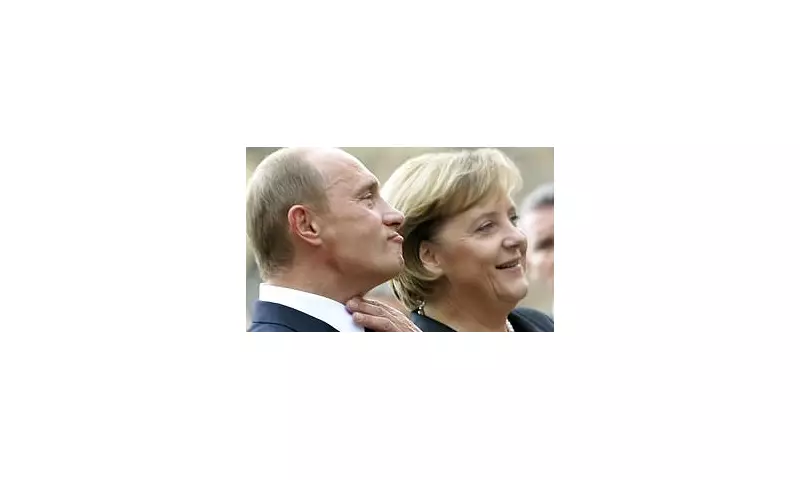
Former German Chancellor Angela Merkel has ignited a political firestorm across Europe with controversial remarks suggesting Poland shares responsibility for the ongoing war in Ukraine, drawing furious condemnation from politicians who accuse her of having 'blood on hands'.
Explosive Comments Spark Diplomatic Fury
In what's being described as her most contentious statement since leaving office, Merkel appeared to shift blame towards Poland while discussing the roots of the Ukraine conflict. The comments have triggered immediate backlash from European officials who view them as dangerously misguided.
'Rewarding Russian Aggression'
Senior European politicians have slammed Merkel's assessment as not only inaccurate but potentially damaging to Western unity. Many argue that such statements effectively reward Russia's blatant aggression while undermining international efforts to support Ukrainian sovereignty.
The timing of Merkel's intervention is particularly sensitive, coming as Ukraine continues to defend itself against Russian forces and Western allies debate further military and economic support.
Historical Context and Current Tensions
Merkel's comments touch upon complex historical relationships between Germany, Poland, and Russia - relationships that have been fundamentally reshaped by Moscow's invasion of Ukraine. The suggestion that Poland bears any responsibility for the conflict has been met with particular anger in Warsaw, where officials have consistently positioned themselves as among Ukraine's strongest allies.
Political analysts suggest these remarks could damage Merkel's legacy as the steady hand of European diplomacy during her 16-year chancellorship. The controversy comes amid ongoing debates about Europe's historical relationship with Russia and whether engagement policies pursued during Merkel's tenure inadvertently enabled Putin's aggression.
European Unity Under Strain
The furious reaction to Merkel's claims highlights the fragile nature of European consensus on the Ukraine war. While Western nations have largely presented a united front against Russian aggression, underlying tensions about historical responsibility and future strategy continue to surface.
As the war continues into its third year, diplomatic missteps and controversial statements from senior figures risk complicating the coordinated international response that has been crucial to Ukraine's defence efforts.






